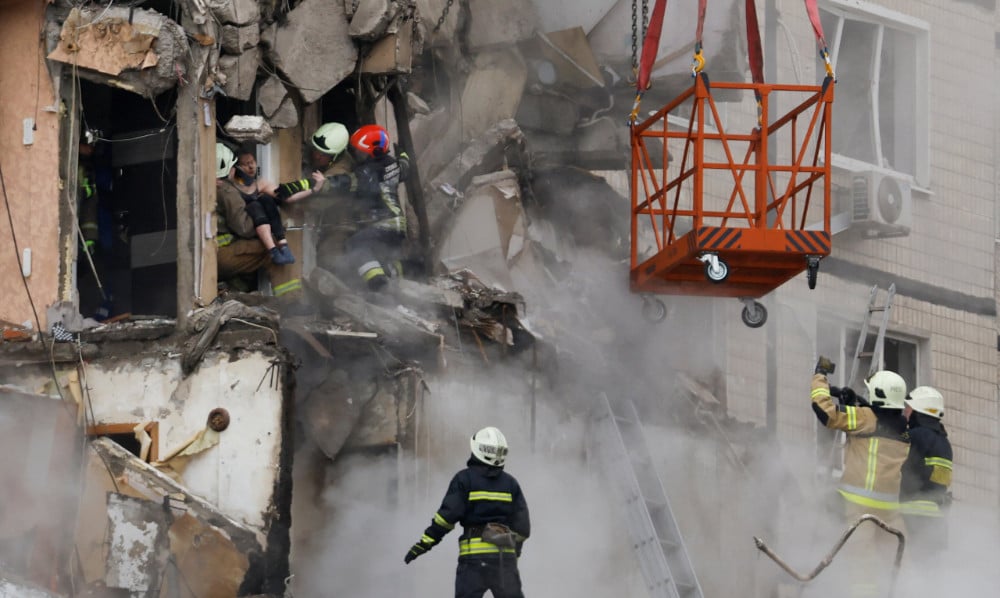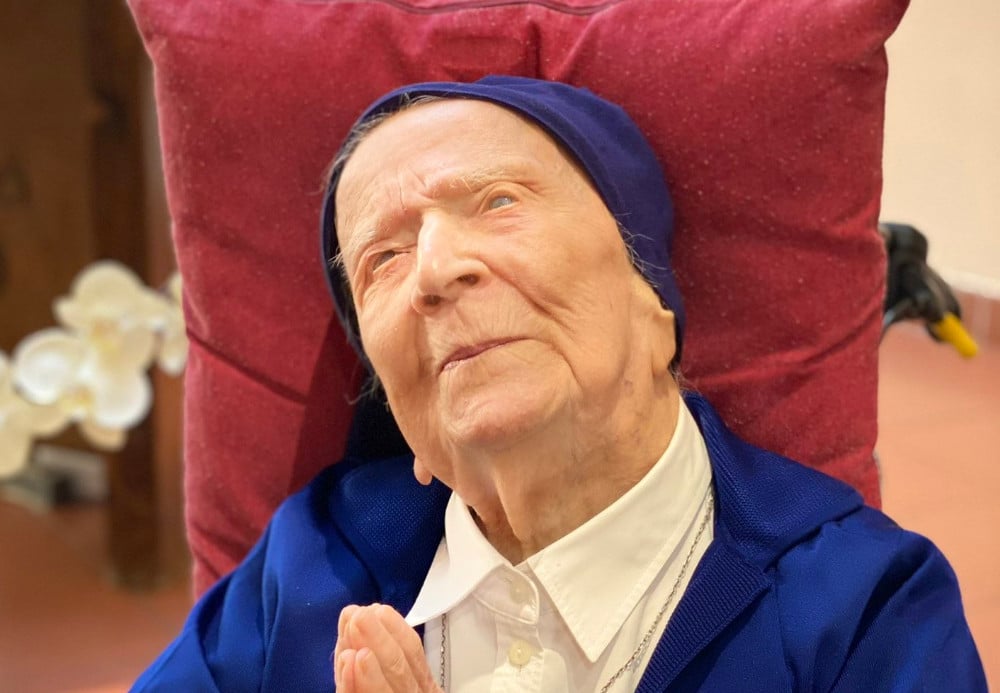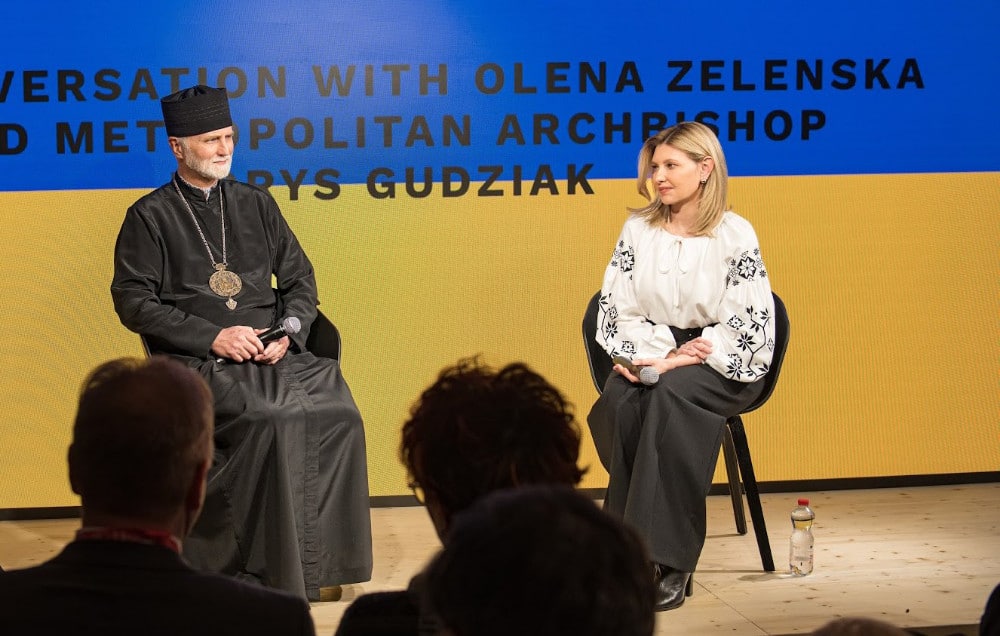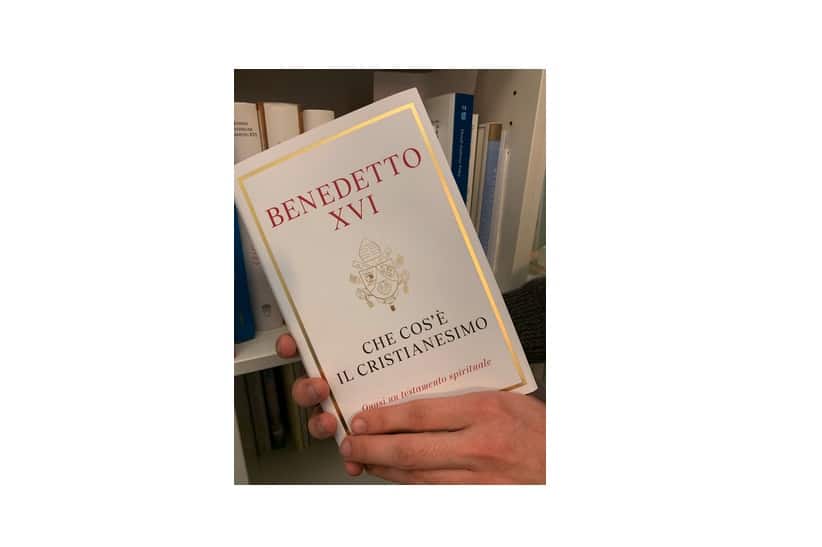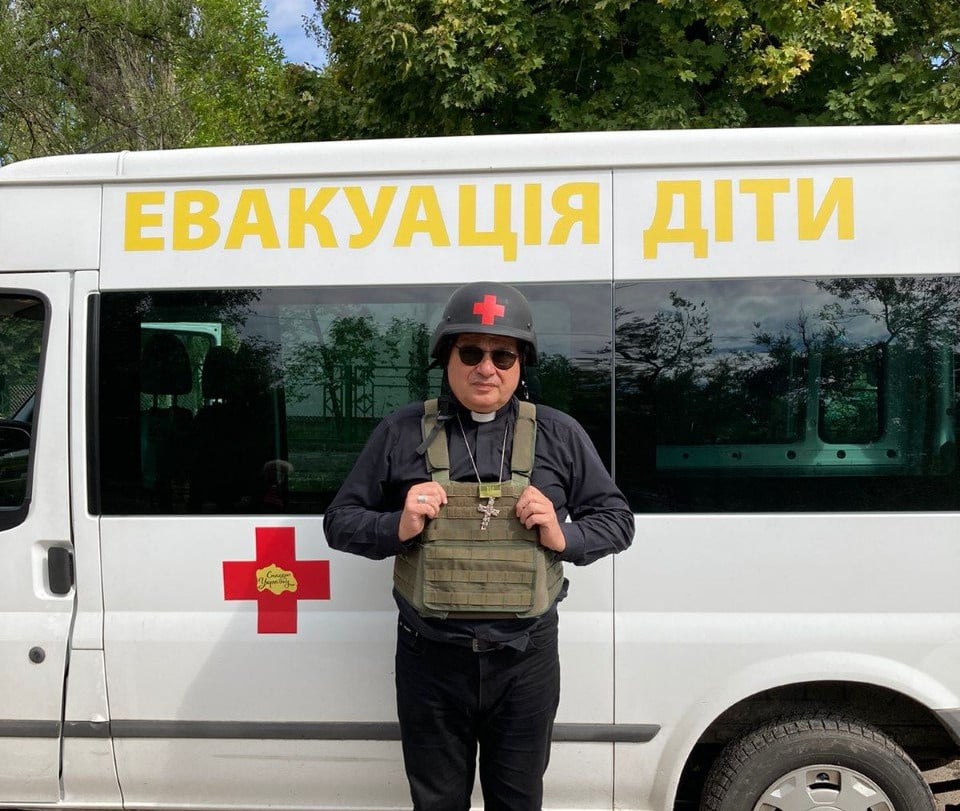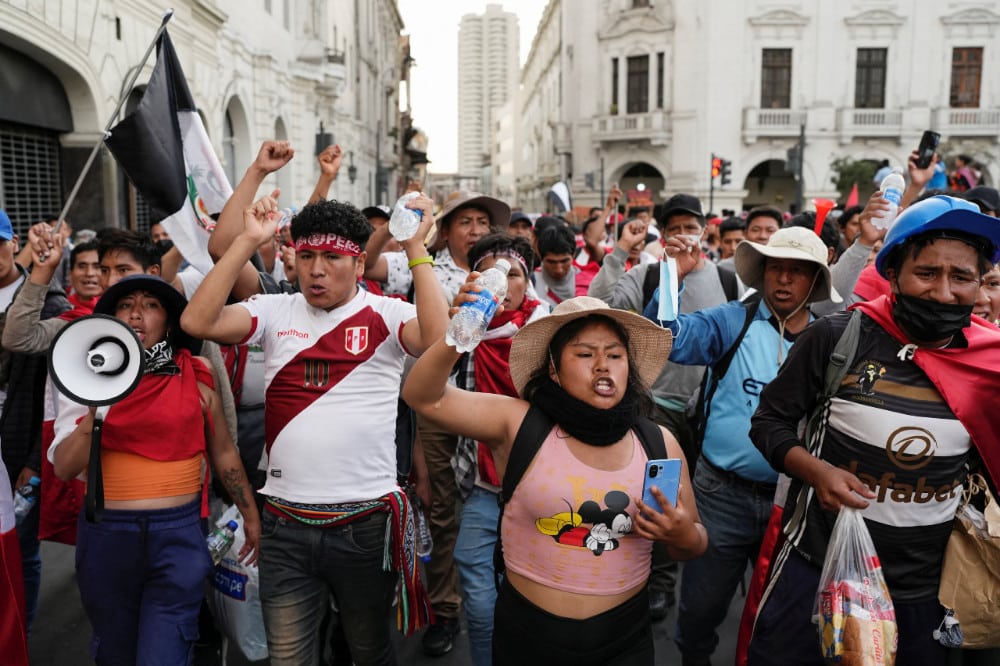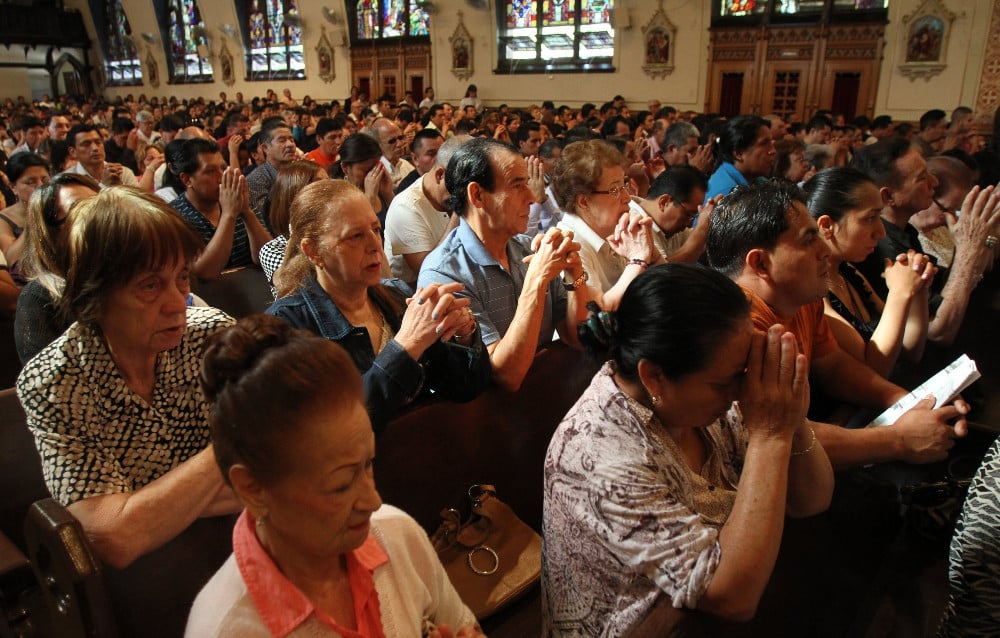(OSV News) — Catholic aid organizations are warning that increasing attacks by Russian missiles are preventing supply access to Ukraine, after 44 civilians, including four children, were killed when a Russian missile struck an apartment block in Dnipro Jan. 13, and a Catholic volunteer lost a leg delivering food in the embattled Bakhmut in the Donbas region a week earlier.
“Our 200 Ukrainian order members have disbursed humanitarian relief throughout this war across the country, right up to the front line,” said Krzysztof Sietczynski, spokesman for the Knights of Columbus in Poland. “Although we’ll continue sending aid, Moscow’s missile campaign is obviously impeding our work, and we can’t reach areas controlled and occupied by the Russian army.”
The charity worker spoke as last-ditch efforts continued to find dozens still missing after the attack on the multistory block in Dnipro, which also left 75 Ukrainians injured.
In a national message Jan. 15, the head of the Ukrainian Catholic Church, Major Archbishop Sviatoslav Shevchuk of Kyiv-Halych, said the attack on Dnipro, where three days of mourning were declared, had been the “most tragic” of 57 weekend missile strikes against Kyiv, Kharkiv and other cities.
In an OSV News interview, Sietczynski said the Knights of Columbus — a U.S.-based Catholic brotherhood that has 2 million members globally and is one of the world’s largest charities — was cooperating closely with Poland’s church-owned Caritas network in supplying aid via the western Ukrainian city of Lviv.
Sietczynski added that the crippling of Grazyna Aondo Akaa, who worked for Klika, a sister organization run for the disabled by the Dominican order in Krakow, Poland, had highlighted the dangers facing volunteers in the increasingly vicious conflict.
Akaa, a special needs expert from Krakow’s Pedagogical University, remained hospitalized in Lublin, Poland’s Health Ministry confirmed, after losing her leg from a mortar shell while delivering humanitarian supplies Jan. 6 to the disabled in the besieged town of Bakhmut.
In a Jan. 11 Facebook post, Akaa said her life had been saved by a fellow volunteer, who applied a tourniquet and kept her conscious, adding that she had been evacuated to Poland by ambulance after emergency surgery at Pavlograd.
She added that around 120 Bakhmut residents were “paying daily with their lives and health” for Russian attempts to capture the town, and said she had later made a short video “to remind the world this isn’t some computer shoot-out.”
“My own price is relatively light — I knew what I was doing, and have phenomenal medical care and support from fantastic people around me, and good prospects for my future life,” the Klika volunteer said in her post.
“Some of the people who’ve stayed in Bakhmut are absolutely helpless and alone, unable to manage with nowhere to go. … Disability and war are a combination that makes survival very, very difficult — and without outside support, there’s no chance. There’s no way to help these people unless one is there with them.”
In an interview with OSV News, Szymon Czyszek, the Knights’ director of international growth in Europe, described Akaa as a “true hero” and “ambassador for the disabled,” who had earlier helped evacuate Ukrainians in wheelchairs from basements in Kharkiv “when there was no one else to get them out.”
Akaa’s husband, Bawer Aondo Akaa, also is disabled, and Czyszek added that now, as the wife of a man in a wheelchair, Akaa will be “‘on the other side,’ which for me makes her story somewhat out of this world, something that really only in the context of faith we’re able to process and transform into even more good.”
However, Sietczynski told OSV News there were now real fears about the “serious, continual dangers” facing aid workers in Ukraine.
He added that the Knights of Columbus had set up a fund to enable humanitarian supplies to continue to be distributed, but said it was becoming harder to elicit public donations and offers of help as the war dragged on.
“Over 140 years of existence, the Knights have gained aid distribution experience in various wars — but the Russians are trying to discourage Ukrainians from continuing the war by destroying morale, and some people are risking their lives every day by coming close to the front,” the Knights of Columbus spokesman said.
“Our brothers are in regular contact with the Ukrainian army, finding out where they can travel to supply aid, and which communication lines are reasonably secure,” he said. “But those seeking to help others, including women and children with no food, electricity or heating, are totally defenseless against the missiles, which can strike at any moment with little if any warning.”
In a Jan. 16 statement from Brussels, the New York-based International Rescue Committee said its own staff members in Ukraine were safe, but could not “provide life-saving assistance under a barrage of missile strikes,” adding that each attack impeded “the delivery of critical aid, while the world bears witness to the cost innocent civilians continue to pay for the war.”
Meanwhile, a priest of the Society of St. Paul in Lviv, Father Mariusz Krawiec told Poland’s Catholic Information Agency, KAI, that Ukrainians see the presence of outside volunteers as “a sign of hope and solidarity” that they were “not left alone in their suffering and fight for freedom,” but confirmed that many were risking their lives as delivering “desperately needed humanitarian aid” has become “extremely dangerous.”
Jonathan Luxmoore writes for OSV News from the United Kingdom.

